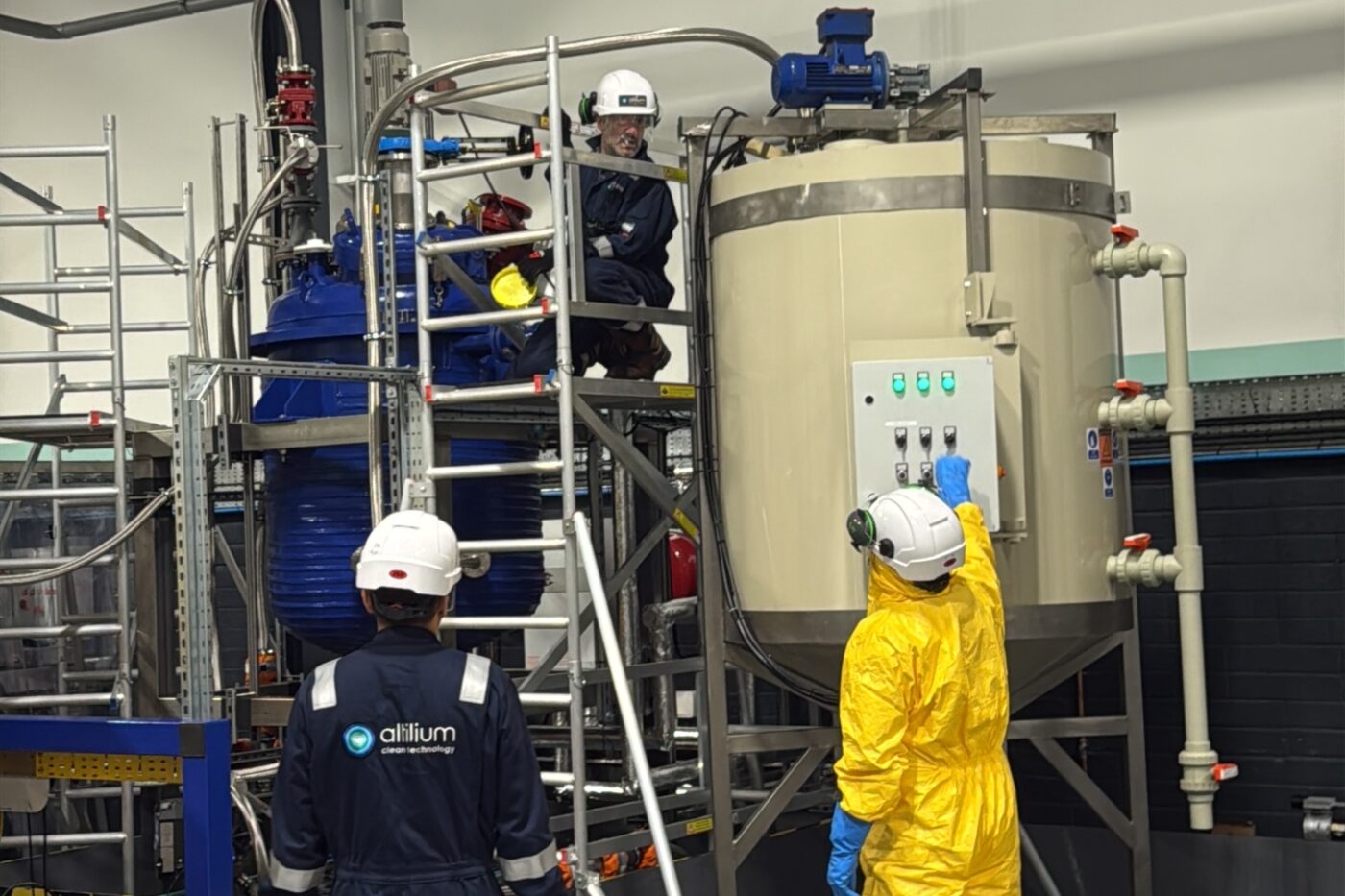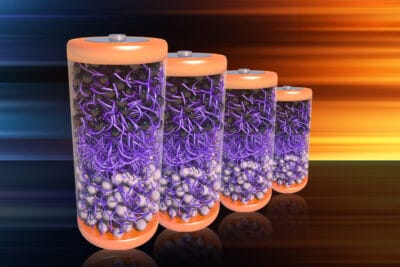Altilium starts recycling battery waste in Plymouth
The facility in Plymouth is the first of its kind in the IK. It spans about 1,700 square metres and can process 300kg of black mass waste per day, Altilium says. It is also the first time the company has showcased its “advanced EcoCathode process.” It will later be used on an industrial scale in the planned ACT 4 plant in Teesside and is used to produce “large volumes of battery grade salts, precursor cathode active materials (P-CAM) and cathode active materials (CAM) from recycled EV battery waste.”
The 300 kg of black mass waste mentioned above is equivalent to one EV car battery. According to Altilium, this type of capacity enables “production of high volumes of battery materials for qualification with automotive customers.” That includes the high-nickel NMC811 CAM for the production of battery cells at the UK Battery Industrialisation Centre (UKBIC), which is to be validated at a leading automotive manufacturer.
The opening of the ACT 2 facility follows the successful demonstration of Altilium’s proprietary technology at the ACT 1 site in Tavistock. Altilium explains that its process begins with black mass leaching, where the shredded battery waste is dissolved in acidic solutions to extract key metals, including lithium, nickel, cobalt and manganese. These are then separated and purified by solvent extraction, creating battery-grade compounds. Altilium then recycles these recovered metals into high-nickel P-CAM, which is further synthesised into CAM – “the most valuable component of a lithium-ion battery.”
“This is a proud moment for Altilium and a major milestone for the UK’s circular economy. ACT 2 is not only a demonstration of our technological leadership but also of our commitment to building a sustainable future,” said Christian Marston, President and COO of Altilium. “With ACT 2 starting processing, we are closer than ever to realising a domestic supply chain for EV battery materials, a critical component in achieving the UK’s industrial resilience.”
According to forecasts by the Advanced Propulsion Centre, the UK will need over 150,000 tonnes of CAM annually by 2035 to produce around 1.2 million electric vehicles. Altilium’s planned ACT-4 plant in Teesside is expected to have a production capacity of 30,000 tonnes of CAM per year, meeting 20 per cent of the expected demand.





0 Comments